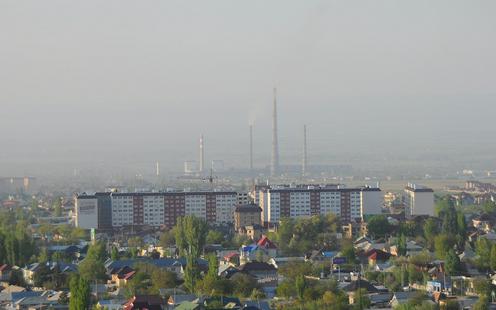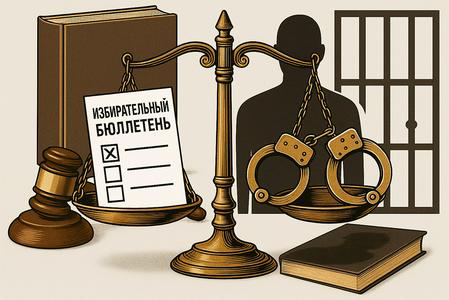Kyrgyz Prime Minister Mukhammedkalyi Abylgaziev has directed the government to draw up a special programme of environmental improvement in Bishkek, Radio Liberty’s Kyrgyz website Azattyk has reported (in Russian).
Bishkek smog has been a much-discussed topic in Kyrgyz media recently. Yet despite this, the government briefing to journalists made no mention of smog, declaring only that “the environmental situation in the capital has become one of Bishkek residents’ major concerns”.
In order to form a full understanding of all of the factors negatively impacting on the city environment, a coordinating group will be set up under the direction of First Deputy Prime Minister of Kyrgyzstan Kubatbek Boronov. A programme of action will then be drawn up based upon the group’s findings. Abylgaziev promised that the government would free up the necessary resources for the programme’s implementation. It is already clear that the plan will include the extension of the gas network to more residential homes and the transition of public transport to gas.
The concentration of PM2.5 particles (a measurement which includes both solid and liquid airborne pollutants) in Bishkek sometimes exceeds 500 μg/m3, as against international safety recommendations of 10-35 μg/m3. The main causes of the city’s air pollution are cited as vehicle exhaust fumes, Bishkek thermal power station, plus heating stoves used in private homes. To keep their homes warm, Bishkek residents sometimes use not only wood and coal but even plastic, rubber and other waste materials.










